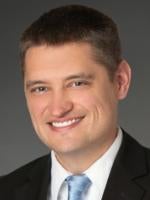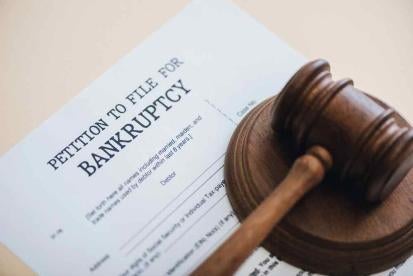As we have written here on multiple occasions, the Private Attorneys General Act (PAGA) disadvantages employers in several ways. Despite permitting recovery similar to what might be obtained in a class action, class certification rules do not apply and it is an open question whether courts can even limit an unmanageable claim before trial. Plaintiffs may pursue a PAGA claim even after settling their individual claims for the same underlying conduct. “PAGA-only” actions are nearly impossible to remove to federal court. And a recent case illustrates another disadvantage: PAGA penalties may largely survive bankruptcy.
Under PAGA, 75% of any penalties awarded are paid to the Labor and Workforce Development Agency (LWDA) for “enforcement of labor laws” and “education of employers and employees about their rights and responsibilities” under the Labor Code. Cal. Lab. Code § 2699(i). In In re Patacsil, 2023 WL 3964908 (E.D. Cal. Bankr. June 9, 2023), the court held that these amounts, payable to the LWDA, fall within a statutory exception that makes certain penalties “payable to and for the benefit of a governmental unit” nondischargeable in bankruptcy. 11 U.S.C. § 523(a)(7). Under this reasoning, employers will remain on the hook for 75% of any PAGA penalties awarded against them even after emerging from bankruptcy.
However, the decision also offered two silver linings for employers. The court held that the other 25% of the penalty (payable to the “aggrieved employees”) and any statutory attorneys’ fees awarded do not fall within the Section 523(a)(7) exception, because they are payable to private individuals or entities, not the government. Patacsil, 2023 WL 3964908, at *9-10. It also held that the PAGA judgment did not fall within Section 523(a)(6), which does not permit discharge of debts for “willful and malicious injury.” Id. at *5. Had it held otherwise, the entire judgment may have been deemed nondischargeable, rather than just the 75% of penalties payable to the government.
In practice, it may be difficult for plaintiffs to recover PAGA penalties from employers forced into bankruptcy, many of whom are likely to be small businesses that will not emerge from bankruptcy as a going concern. Moreover, courts should take care to avoid this scenario in the first place by exercising their discretion to reduce PAGA penalties when an award would otherwise be “confiscatory.” Cal. Lab. Code § 2699(e)(2). However, the Patacsil case illustrates yet another way PAGA stacks the deck against employers.



 i
i


